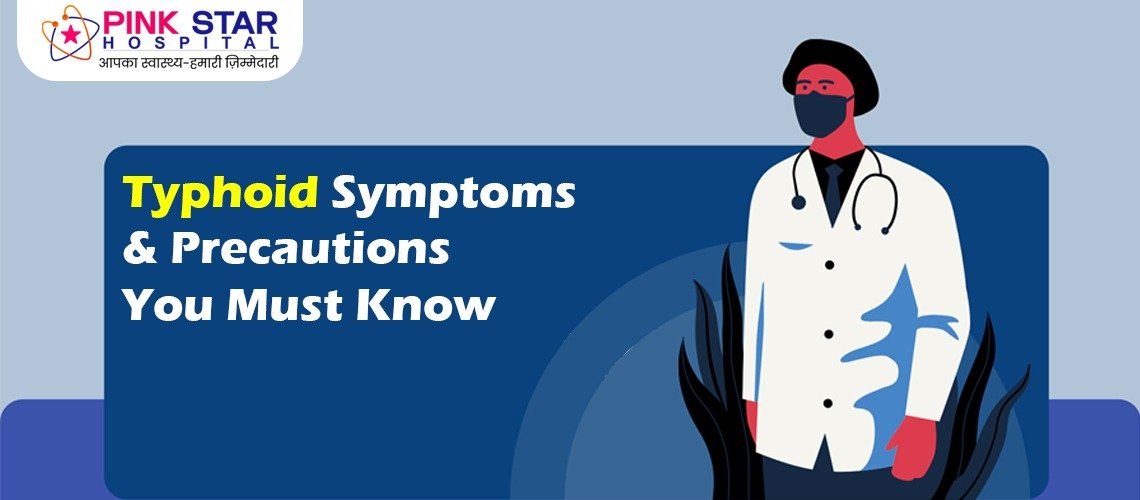Typhoid Symptoms & Precautions You Must Know
If you thought that cold, flu, malaria and dengue are the only diseases common during the monsoon, think again. Apart from air borne and mosquito borne diseases, incidences of water borne diseases like typhoid, diarrhoea and cholera also get rampant. Here are the typhoid symptoms and precautions that you must know in order to safeguard yourself and your loved ones.
Typhoid is a bacterial disease that leads to severe digestive issues. It is caused by consuming any food item or drink that is contaminated by the bacteria salmonella typhi.
The common typhoid symptoms in its early stage would include:
- Prolonged high fever (103 – 104 degree F)
- Severe pain in the stomach or abdomen
- Headache
- Diarrhoea (mostly in children)
- Constipation (mostly in adults)
- Reduced appetite
- Pinkish rash called rose spots
If not treated immediately, the symptoms can worsen and one could also experience the following:
- Feeling perpetually exhausted
- Pale skin
- Vomiting blood
- Internal bleeding
In some cases it could be fatal as it can lead to peritonitis if not treated in time. Peritonitis is a medical emergency condition when the typhoid bacteria enter the peritoneum (lining of the abdomen). Since, unlike other organs, peritoneum can’t defend itself from infections, the health deteriorates rapidly and leads to multiple organ failure. That is why consult your doctor without delay if you observe any of the aforesaid symptoms.
Although typhoid is curable, it’s always better to prevent it. Here are the monsoon precautions you must keep in mind to keep typhoid at bay:
- Drink only boiling water as heat kills as many germs as possible. Avoid drinking water outside or at places where you aren’t sure of the source of the water. That’s why it’s safe to avoid cool beverages and juices from food joints, especially roadside vendors. Always carry your own water bottle while on the go.
- Avoid eating outside food, especially salads and wet dishes because if the vegetables or meat used are washed with contaminated water, it can lead to typhoid. Moreover if the person preparing the food has typhoid and doesn’t wash his hands properly after using the loo, the bacteria can get transmitted into the food.
- Make sure to clean your water puriifier and water tank on a regular basis to prevent the growth of germs.
- Wash your hands properly after using a public toilet. Dr. Sowjanya Reddy, Internal Medicine (Uppal, Apollo Clinic) warns, “Typhoid bacteria can spread through coming into contact with the stool of an infected person. So be very careful while using a public toilet. “
- Refrain from having oral or anal sex with a person who has typhoid or who has recently recovered from it.

